Introduction
Research clearly shows that ineffective communication can literally erode organisational wellbeing and that the way people behave and communicate in stressful situations has a direct effect on outcomes. Good communication contributes to the wellness of an organization, creating open and trusting environments.
How we communicate has a huge impact both on our personal and work lives, and yet so often we enter mindlessly into conversations with little awareness of the range of verbal and non-verbal cues that influence the outcome.
We all have difficult conversations at work and in our personal lives. How can we achieve a space where both parties can come to a mutually respectful outcome?
Mindfulness
My own work and research have demonstrated that mindfulness practice can not only influence all aspects of our lives but that in particular, it has a powerful impact in the area of communication.
Mindfulness is simply the creation of awareness of unfolding moments in a non-judgmental way. Through Mindfulness training we learn that there is no right or wrong way to feel, but having the skills to be aware of your thoughts and emotions as they arise enables you to respond more skillfully and channel your emotions wisely, particularly during difficult conversations. Mindful communication is a useful skill to have, particularly when, for example, dealing with multiple teams competing for the same resources.
We often default to certain behaviours in difficult conversations without realising. A recent Linkedin poll I conducted provides a snapshot of the different behavioural styles we use, particularly in stressful situations. The results of my survey provided an interesting insight into typical reactions to these challenging situations and the ways we react when having difficult conversations.
I have split my results into four behavioural styles: deflect, avoid, fight and dance.
Deflection
35% of respondents in my study reported that they engage in deflective behaviour. This means that they are in effect stepping back or perhaps coming up with short term solutions that do not address the real issue. Experiencing someone who is engaging in a deflecting mode of behaviour may feel like they are there, but not there at the same time. Deflecting or side-stepping meaningful conversation is exhausting, and frustrating for both parties.
Avoidance
20% of respondents reported that they tend to avoid difficult conversations altogether. Avoiding difficult conversations does not solve issues and it actually enables bad situations to fester. From an organisational perspective, it has a ripple effect, impact on and eroding wellbeing, and frustrating work processes.
Fight
A further 20% defaulted to a fight mode when finding themselves in difficult conversations.
Dealing with difficult situations using a fighting style rarely results in an outcome amenable to all parties. Fight mode wastes our energy, it’s exhausting and most often neither party is willing to see the bigger picture. Emotions like anger can be overwhelming. Significantly, fight mode creates a difficult work environment for all with the bigger picture being ignored in the midst of burgeoning egos.
Dance
Only 25% of my respondents said that they engage in a dance style mode of behaviour when engaging in challenging conversations. Engaging in this behaviour does not mean having to agree with things you fundamentally disagree with, however, it does mean that you have an understanding and perspective into the other person’s situation. It is about having empathy for how the other party is feeling, putting yourself in their shoes perhaps and understanding their perspective.
Engaging a dancing mode in a difficult conversation creates space to move back and forward and come to an arrangement where both parties can agree, perhaps to disagree, and move forward towards an acceptable solution. This approach is about compromise and about both parties being able to take something positive away from the situation.
For a moment pause. Take a deep breath. Reflect back on a situation where you had to have difficult communication. How did it make you feel? How did you react? What was the outcome?
Having awareness of our behaviours or noticing your habitual way of responding to difficult conversations provides you with an insight that will enable you to be more informed in the way you manage difficult conversations. This knowledge enables you to challenge yourself, to ask ‘Is this behaviour the wisest course of action to achieve my desired outcomes?’ It simply means pausing, becoming aware of your breath and grounding yourself when having a difficult conversation.
To learn more about how you can master mindful communication, and how you can embed mindfulness in your business, please join me in my Mindful In Business Series which starts on Wednesday, September 30th, click here to sign up



